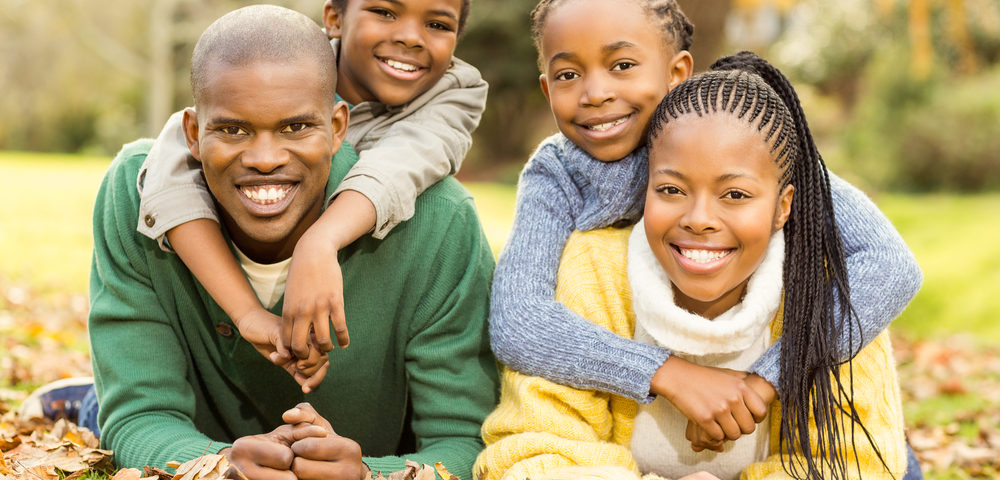
8 Life-Changing Reasons To Become A Foster Parent
October 25, 2019
How To Create A Safe And Stable Home Environment For Foster Children
November 29, 2019How many times do you stop and consider how grateful you are? Research shows that people who experience gratitude have more positive emotions and are overall happier. Why not pass that happiness down to those in foster care? Foster parents can help encourage gratitude through a variety of ways. Here are a few tips to help you develop an attitude of gratitude and pass it down to your foster children.
Simply Say Thank You
If you are not already in the habit of thanking those around you, now is the time to start. Acknowledge your neighbor for taking the time to tell you about an important neighborhood activity coming up. Say “thank you” to a friend who compliments your new shoes. There are so many moments we let pass without expressing gratitude. Make the effort to show gratitude to get yourself adopting the correct attitude to start.
Encourage A Gratitude Mindset
If your foster child gets an A on their math test, encourage them to thank the people who helped them, such as a teacher or math tutor they’ve worked with. Suggest they say “thank you” in person, send an email or write a personal note. Children will learn manners when it comes to thanking others and can also feel good about expressing gratitude in their lives.
Practice Gratitude Daily
Invite the family to go around the dinner table and express one thing they are grateful for. They can balance this by also sharing one thing they struggled with that day. Starting with the positive part of their day can help to set things off on the right foot. Once you and your family get into the habit of expressing gratitude, it will become a more natural thing.
Reward Positive Behavior
If your foster child expresses gratitude without your prompting, praise them for their good deed. Tell them that it was thoughtful for them to acknowledge the other person. You can also reward them with things such as extra computer time or a special dessert of their choice. Giving them a reward shows them that you value gratitude and that you noticed the effort they put forth to express it.
Engage In Activities That Promote Being Thankful
There are many fun activities you can do while foster parenting to help children express gratitude. For example, they can use a poster board to post pictures of objects, hobbies, pets and the people they are grateful for. You can also keep a gratitude journal and write a new daily log stating what you are thankful for that day. Plan on writing three positive events from the day (no matter how big or small). Encourage your foster child to also keep a journal to help their own gratitude flourish.
Developing an attitude of gratitude is not difficult; it’s all about adjusting your mindset. Set aside a few minutes every day to show thankfulness toward your loved ones. Remember to acknowledge those who do something nice for you. Model gratitude for your foster child, so that they feel love and appreciation for you, as well.
Every child needs and deserves to grow up safe and protected from abuse and neglect, and caring foster parents offer children support and stability when they need it most. At Camelot Care Centers, we specialize in higher-level foster care for children and adolescents that need extra support. We partner with our foster parents/homes to provide trauma informed care and additional services, including in-home counseling, parent support and training, tele-psychiatry, and therapeutic mentoring, to maintain children at the least restrictive, yet most appropriate level of care. Camelot Care Centers (“Camelot”) is a Child Welfare Agency licensed by the State of Illinois, a member of the Illinois Collaboration on Youth (ICOY), and is accredited by the Council on Accreditation (COA).




